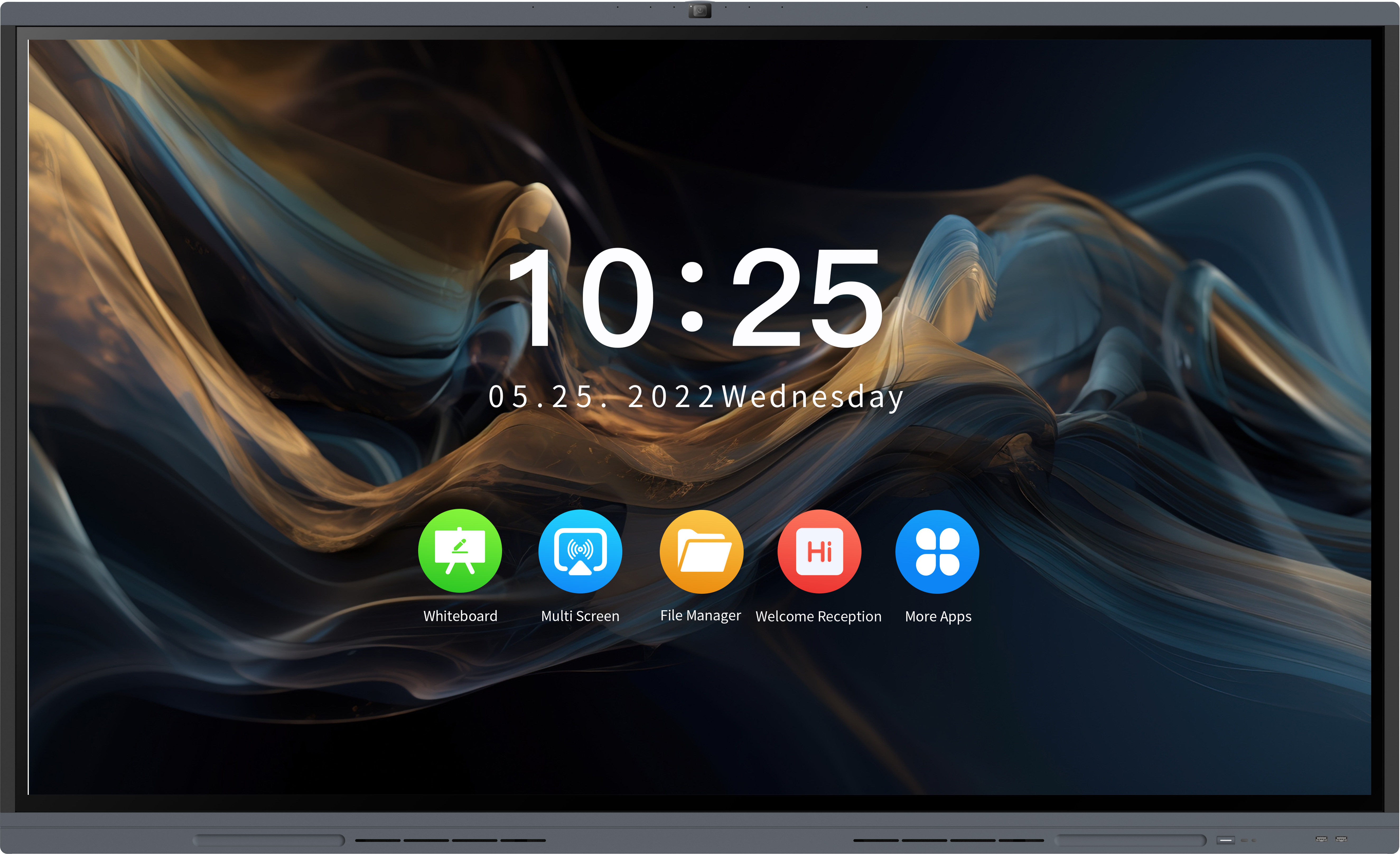Revolutionizing Conferences: The Tablet Computer Scheme

The Shanghai Interactive Conference recently adopted a groundbreaking Tablet Computer Scheme, revolutionizing the way conferences are conducted. This innovative approach embraced cutting-edge technology to enhance attendee experience, promote sustainability, and streamline conference logistics.
Enhanced Attendee Experience
The Tablet Computer Scheme implemented during the Shanghai Interactive Conference aimed to elevate the overall attendee experience by providing participants with state-of-the-art tablets. These efficient devices allowed attendees to access real-time conference schedules, session details, and speaker biographies instantly. Additionally, participants could interact with fellow attendees through in-app messaging, facilitating networking opportunities and efficient information exchange during the conference.
Furthermore, the tablets served as digital note-taking devices, enabling attendees to jot down important points without the need for traditional paper and pen. This convenience not only minimized the use of physical resources but also ensured that attendees could easily access their notes post-conference.
Advancing Sustainability Efforts
The Tablet Computer Scheme at the Shanghai Interactive Conference played a crucial role in advancing sustainability efforts within the conference industry. By eliminating traditional paper-based conference materials such as schedules, brochures, and feedback forms, the scheme significantly reduced paper waste.
Moreover, the tablets provided seamless access to presentation slides and speaker materials, consolidating all necessary information in a digital format. This minimized the need for printing multiple copies of documents, further contributing to a greener conference experience. Attendees also had the option to submit feedback digitally, avoiding additional paper waste typically associated with post-conference surveys.
Streamlined Conference Logistics
The implementation of the Tablet Computer Scheme also streamlined conference logistics and resource allocation. Through the tablet's intuitive interface, participants could seamlessly navigate the conference venue and locate session rooms, exhibitors, and amenities with ease. This feature eliminated the need for physical signage and streamlined the flow of attendees throughout the conference space.
The tablets were also synchronized with the conference registration system, enabling organizers to efficiently manage attendee check-in, session registrations, and track overall conference attendance. Automating these processes reduced administrative overhead and allowed organizers to allocate valuable resources to other critical aspects of event management.
Conclusion
The Tablet Computer Scheme adopted during the Shanghai Interactive Conference showcased not only the potential of technology in revolutionizing conferences but also its significant positive impact on attendee experience, sustainability efforts, and conference logistics. By seamlessly integrating tablets into the conference experience, participants enjoyed enhanced interactivity, reduced paper waste, and streamlined logistics. This scheme serves as a shining example for future conferences worldwide, demonstrating the transformative power of tablets in the realm of conference organization and execution.

